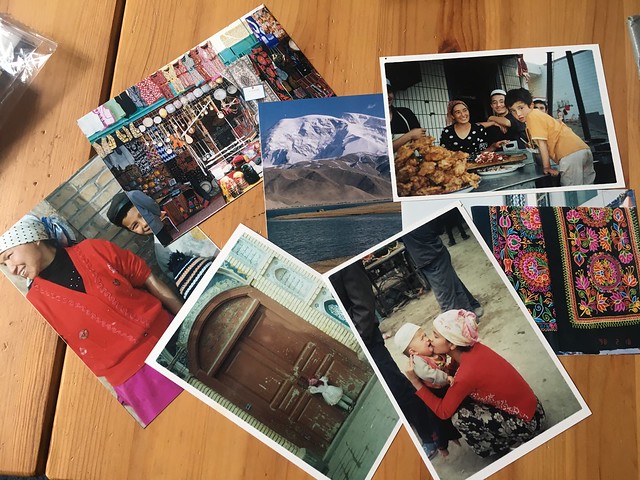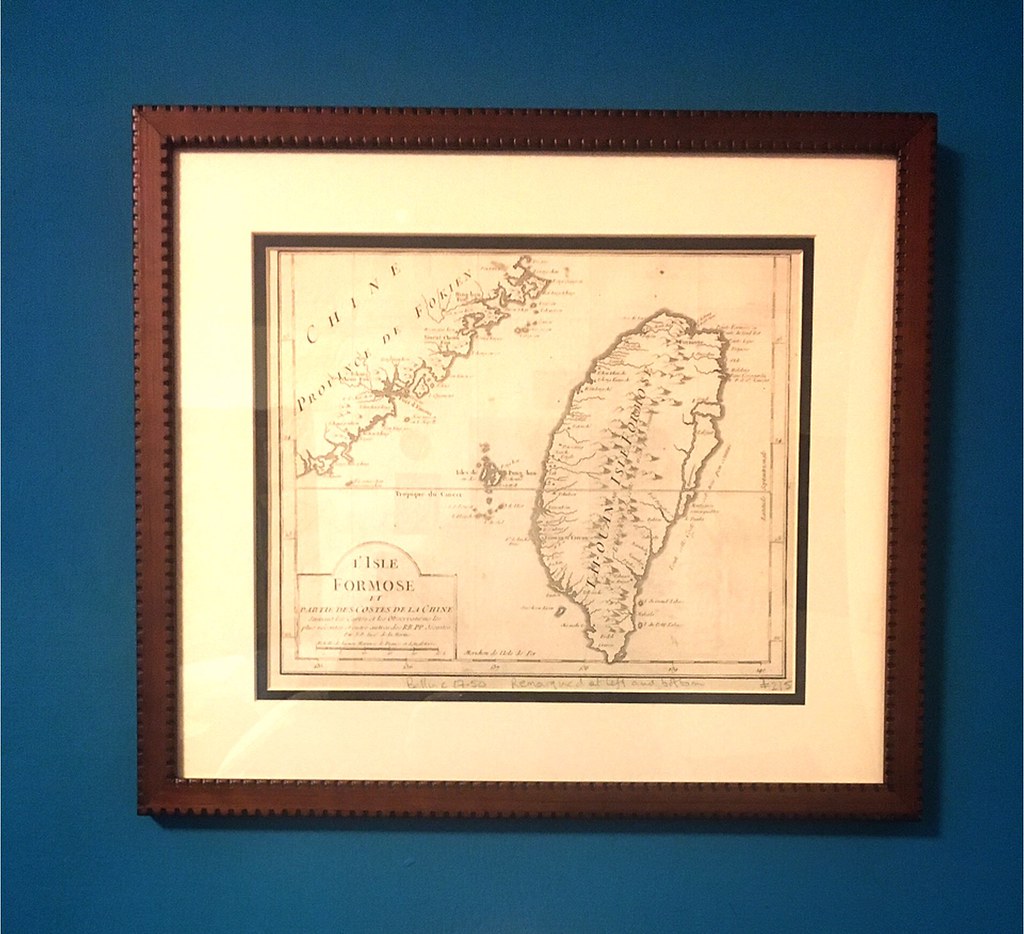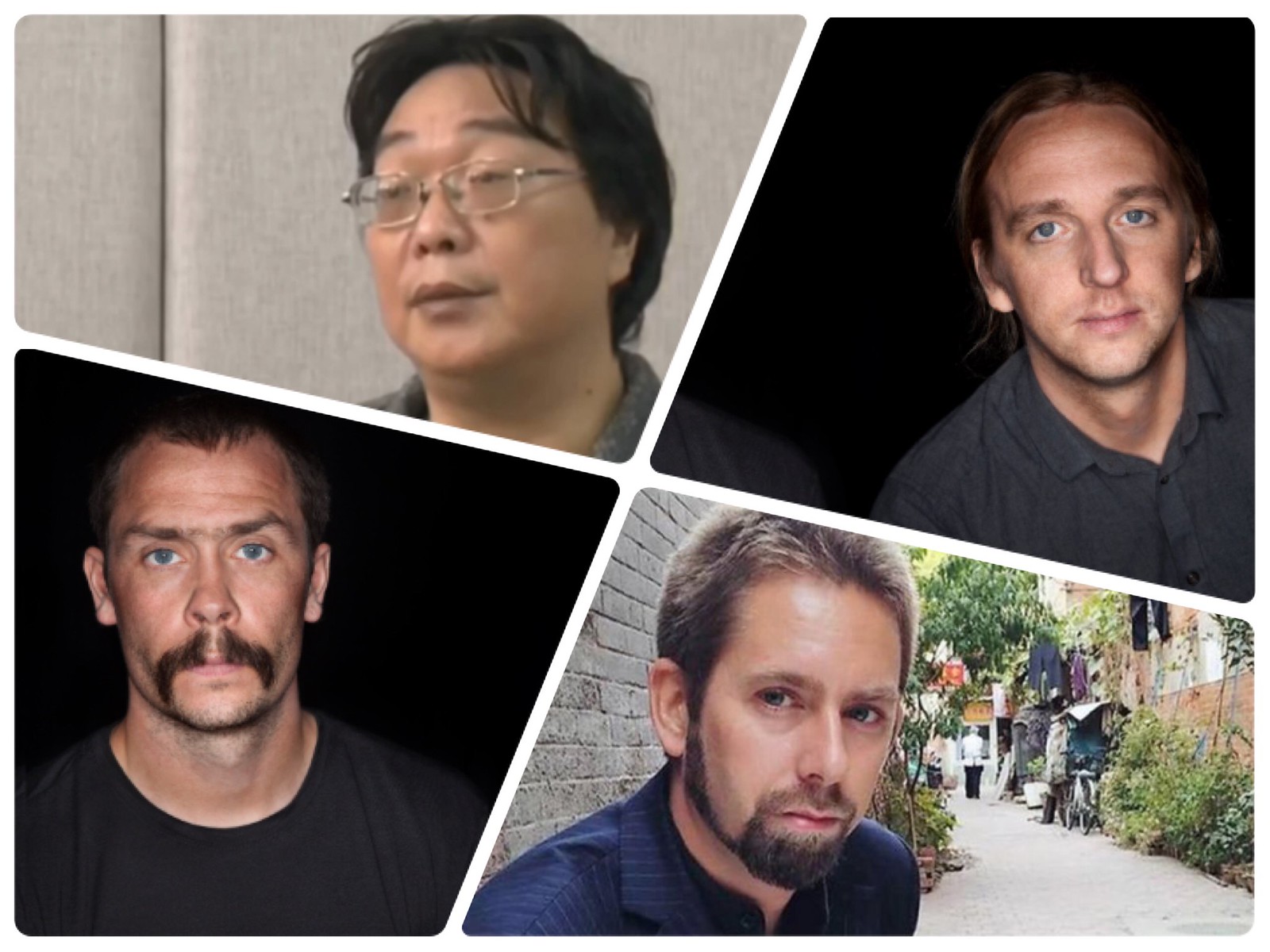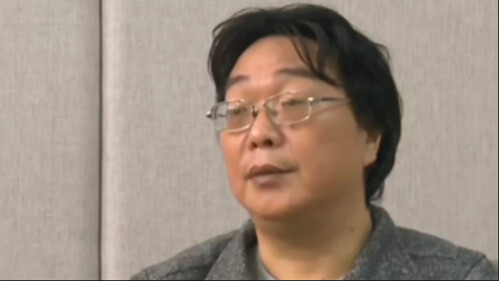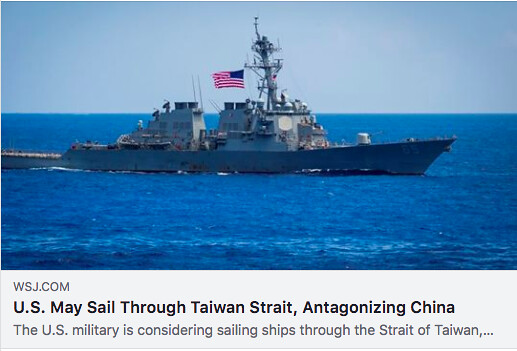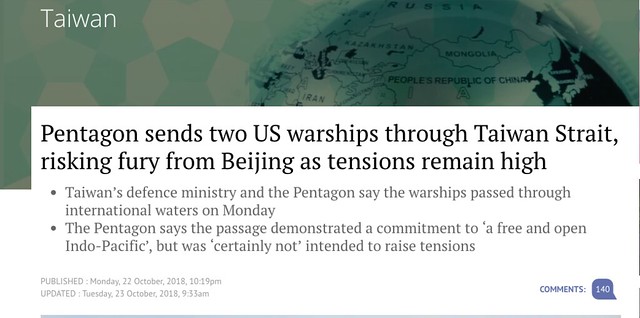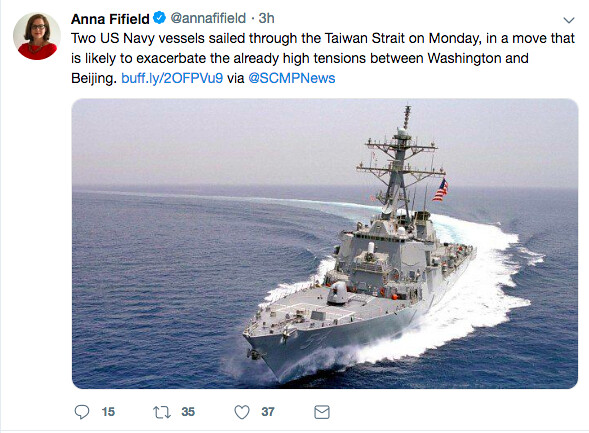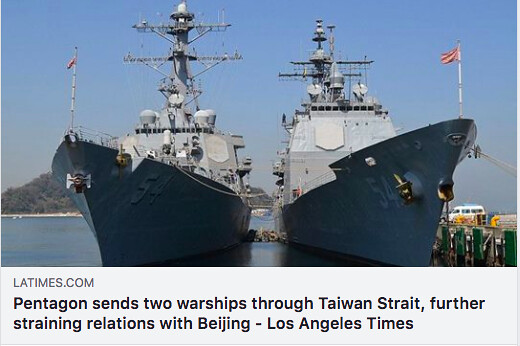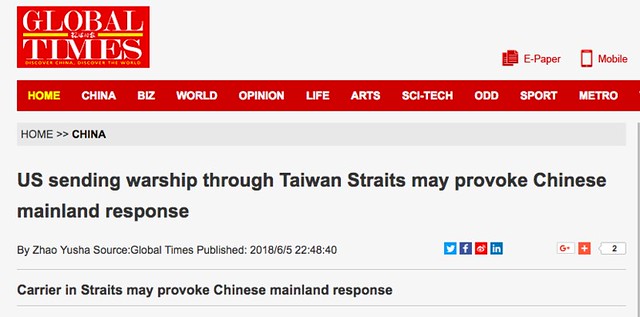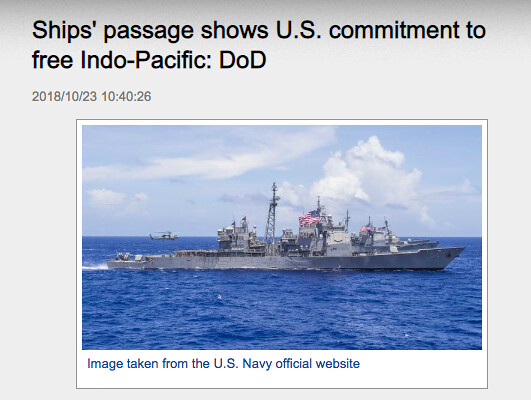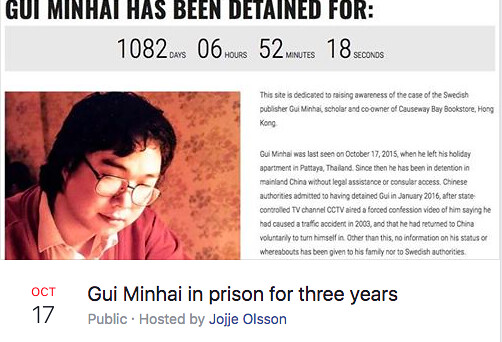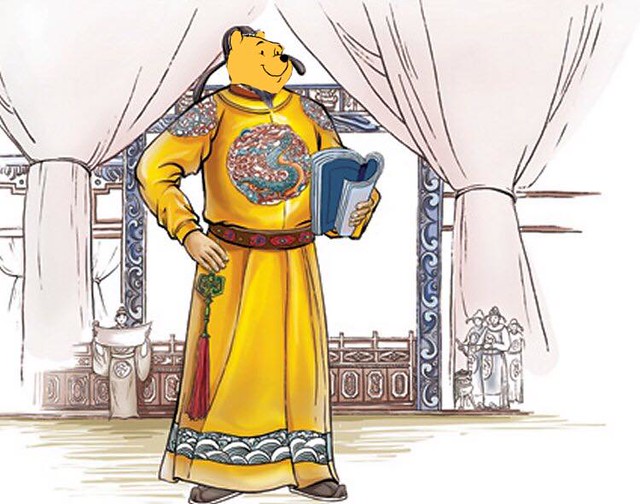
Something very specific has been bothering me about this policy paper on "Taiwan's Democracy and the China Challenge", published in 2018 by Richard Bush and Ryan Hass.
For awhile, I couldn't pinpoint what didn't sit right, but despite seeming like a wonkish paper that ostensibly made recommendations in Taiwan's best interest, it somehow seemed to do the opposite.
After some thought, I've isolated what's wrong. Take a look at some of the language from the very end of the paper, quoted below.
To China, they say:
Take seriously the views of the Taiwan public (however discordant they may sometimes seem) and the centrality of the democratic system through which those views are expressed (despite its weaknesses). If China is ultimately to achieve its objectives concerning Taiwan, that will require fundamental changes, which in some cases will require amendments to the ROC constitution, which in turn can only occur if there is a very broad public consensus that those changes are in their interests. (Emphasis mine).
To Taiwan, among other more reasonable things, they say:
Maintain a consistent declaratory policy of not supporting Taiwan independence and opposing efforts by either side of the Taiwan Strait to alter the status quo.
The problem is that these two pieces of advice take for granted that China "ultimately achiev[ing] its objectives” is seen as a possible fair outcome, but in which the objective of Taiwan must be opposed.
This is a clear double standard, treating Beijing’s goals as acceptable and Taiwan’s as mere provocation, and reframes Taiwanese de jure independence as a goal of the government, not the will of the people.
And it is the will of the people. Data consistently shows support for Taiwan maintaining its sovereignty. This is expressed as "support for the status quo", but everyone knows that the status quo not a permanent solution and cannot hold forever, as China has made it clear that it will invade Taiwan if it must (or if Taiwan takes too long in surrendering everything it has fought for - freedom, democracy, human rights, gender equality, same-sex marriage, all of it).
The status quo also describes a state in which Taiwan is already sovereign. In other words, what these polls show is that Taiwanese want to keep the sovereignty they already enjoy and already see themselves as independent.
Consider this alongside consistent lack of support for unification with China, and this survey showing that a majority of Taiwanese would fight in the event of a Chinese invasion (I don't know how sound or flawed the survey was, but my anecdotal experience supports the results). Consider as well the fact that Taiwanese people are still not given a way to express their desire for independence, as changing the name of their country from "the Republic of China" to "Taiwan" could well precipitate a war with China: an outcome nobody (except possibly China) wants. As I've said before: to tell Taiwan that it cannot change its status due to threat of war, and then to say that their current status as the "ROC" means they must want to be "a part of China" is an insidious and unfair Catch-22.
Put another way:
The ROC provides protective (if misleading) cover, staving off invasion by maintaining the polite political fiction that the Taiwanese have not already declared their wish to be recognized as separate and independent.
How can a policy paper that claims to address challenges to Taiwan's democracy be taken seriously, when China's goals are given legitimacy as something that may be achieved, but Taiwan's are dismissed as hogwash, not even acknowledged to be the will of the people? The CCP's goals are ultimately the will of the party as the Chinese people don't get a say, and yet they are treated as the goals of China. The public will of the Taiwanese people is, in fact, the will of the country (messy and divided as it may seem, on this point things are pretty clear), and yet it is treated as simply the messaging of a few wayward politicians.
This is deeply unfair, if not deliberately misguided. It is not the position of a true friend of Taiwan, and not even reflective of the truth of Taiwan's position.
I can only think that Bush and Hass, despite claiming to care about the future of Taiwan, see the best or only possible outcome to be some sort of integration with China - they are quite willing to ignore what the Taiwanese themselves actually want. Perhaps this is because Bush and Hass don't have to live in the simmering mess of this unresolved conflict, a situation which they and people like them helped create. In any case, they aren't considering the feelings of the Taiwanese themselves.
Further to this, the notion that the necessary "amendments to the ROC constitution" for China to win this cold war require a "very broad public consensus that those changes are in their interests" is a garbage barge of poorly-considered perspectives. I would have expected better from two respected experts.
I cannot imagine any situation - short of the unlikely fall of the People's Republic of China - in which these necessary changes could ever be in the interests of the people of Taiwan, nor any future in which the Taiwanese would agree to them freely. Look at how China is treating Hong Kong: do Bush and Hass honestly think that Taiwan could ever trust China to safeguard their best interests? If so, what rock are they living under?
Finally, here is what bothers me the most: experts like Bush go off on a writing bender whenever Taiwan so much as pipes up that it would like independence, thank you very much, which isn't even a controversial position in Taiwan (and shouldn't be on a global scale, either, seeing as they already have it). And yet, whenever China starts frothing at the mouth about Taiwan, talking about how it "cannot renounce the use of force" or that "Taiwan and China must and will be reunited", these same people who claim to care about Taiwan are silent.
Why?

